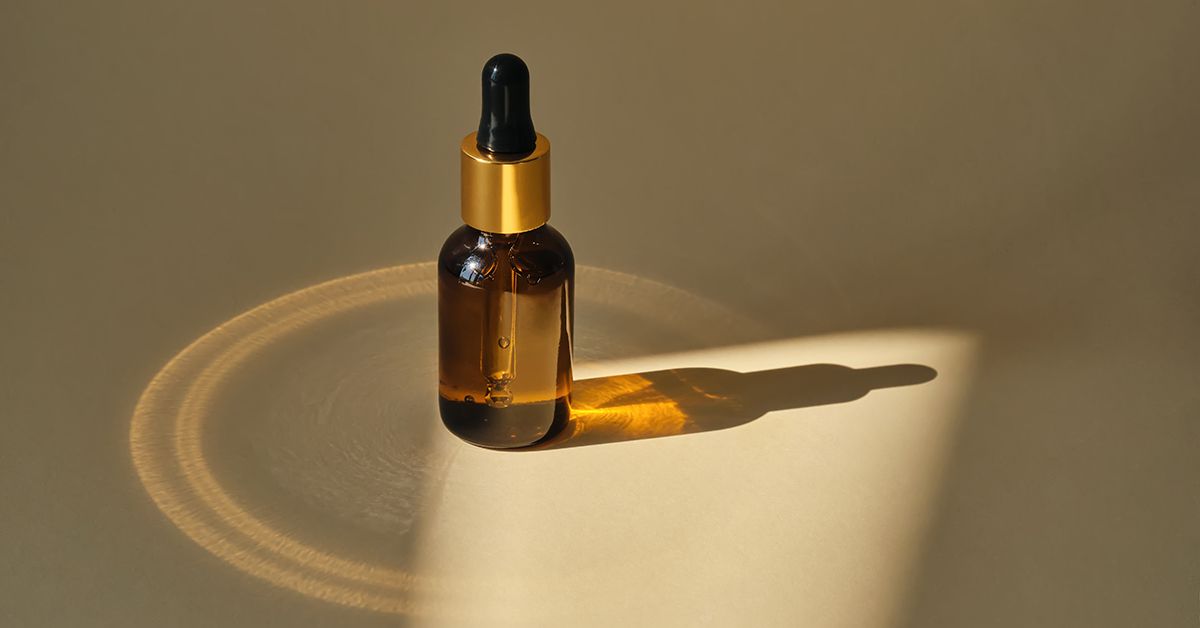Cedarwood Essential Oil Benefits, Uses, and Precautions

Cedarwood essential oil is a substance derived from the bark, needles, leaves, and berries of cedar trees. People claim that it may have benefits for skin, hair, and sleep.
While cedarwood oil can be purchased on its own, it’s also used as an ingredient in products such as insect repellent, cologne, shampoo, and deodorant.
Anecdotally, people claim that it can help with hair loss, scalp conditions, and improved sleep. However, there’s limited scientific evidence backing these claims.
Read on to learn more about the possible benefits of cedarwood oil.
While research suggests there are health benefits, the FDA doesn’t monitor or regulate the purity or quality of essential oils. It’s important to talk with a healthcare professional before you begin using essential oils and be sure to research the quality of a brand’s products. Always do a patch test before trying a new essential oil.
Cedarwood oil and its components have been analyzed in animal and human studies for potential health and beauty benefits. The components found in cedarwood oil include cedrine, cedrol, and thujopsene.
According to
The tree from which the oil is derived determines its composition, which can affect the oil’s usefulness for specific conditions.
Cedarwood oil for hair loss
Alopecia areata is a disease that causes the immune system to attack hair follicles, leading to hair loss. Cedarwood is one of several essential oils that may improve hair growth.
One older 2015 study used aromatherapy for hair loss. It found that a combination of rosemary, thyme, lavender, evening primrose, atlas, and cedarwood oils was associated with hair regrowth. However, it didn’t specifically identify cedarwood as a cause of hair growth.
A
Cedarwood oil for scalp conditions
Some dandruff and scalp eczema shampoos contain cedarwood and other essential oils. Proponents claim that they can help heal and manage these scalp conditions.
However, according to
Cedarwood oil for skin
Cedarwood oil has anti-inflammatory and antimicrobial properties. This may make it beneficial for skin conditions like acne, but there’s limited evidence supporting this claim.
At present, there’s no scientific research showing that cedarwood oil can help to heal acne. If you do want to try it, be sure to dilute it in a carrier oil and patch test it before applying it to your face.
Cedarwood essential oil for sleep
Some proponents claim that when used as an aromatherapy treatment, cedarwood oil may have sedative qualities. However, there’s no research confirming this.
Despite this, aromatherapy itself has been shown to help with sleep. A
While there’s limited research on cedarwood oil’s benefits, there’s little risk in trying it. Here are some ways to use it:
Aromatherapy
If you want to use an essential oil for aromatherapy, you can either inhale it directly from the bottle or add it to a diffuser. You can also drop a small amount onto a towel or cloth and place it beneath your pillow.
Additionally, you can add cedarwood and a carrier oil to an atomizer bottle to use as a home spray. Some popular carrier oils include jojoba, avocado, grapeseed, olive, and argan.
Fragrance
The soothing, woodsy scent of cedarwood oil has made it a popular ingredient in colognes and aftershaves.
If you want to use cedarwood oil as a fragrance, first dilute a few drops in a carrier oil. Gently dab it on your wrists, forearms, or behind your ears. You can also add it to products like soaps and lotions.
Cedarwood oil as a flea and moth repellent
Topically applied, cedarwood oil helps repel fleas, ticks, and moths from fabric, people, and pets. Be sure to dilute the oil if you’re applying it to your skin. If thinking of using it on your pet, definitely consult your veterinarian first as essential oils can be toxic to animals.
It can also
While it may also ward off ticks, its effects wear off fairly quickly.
link




